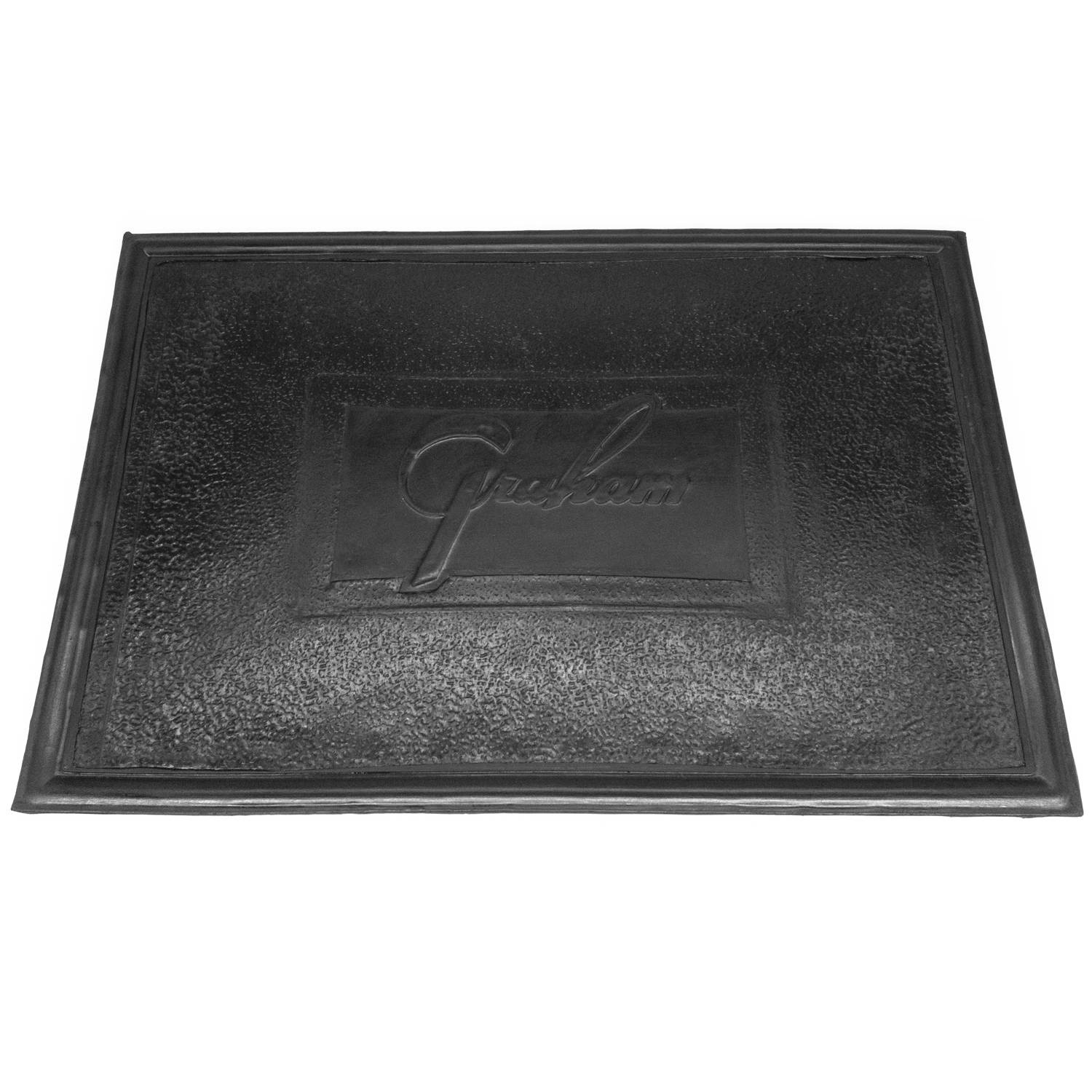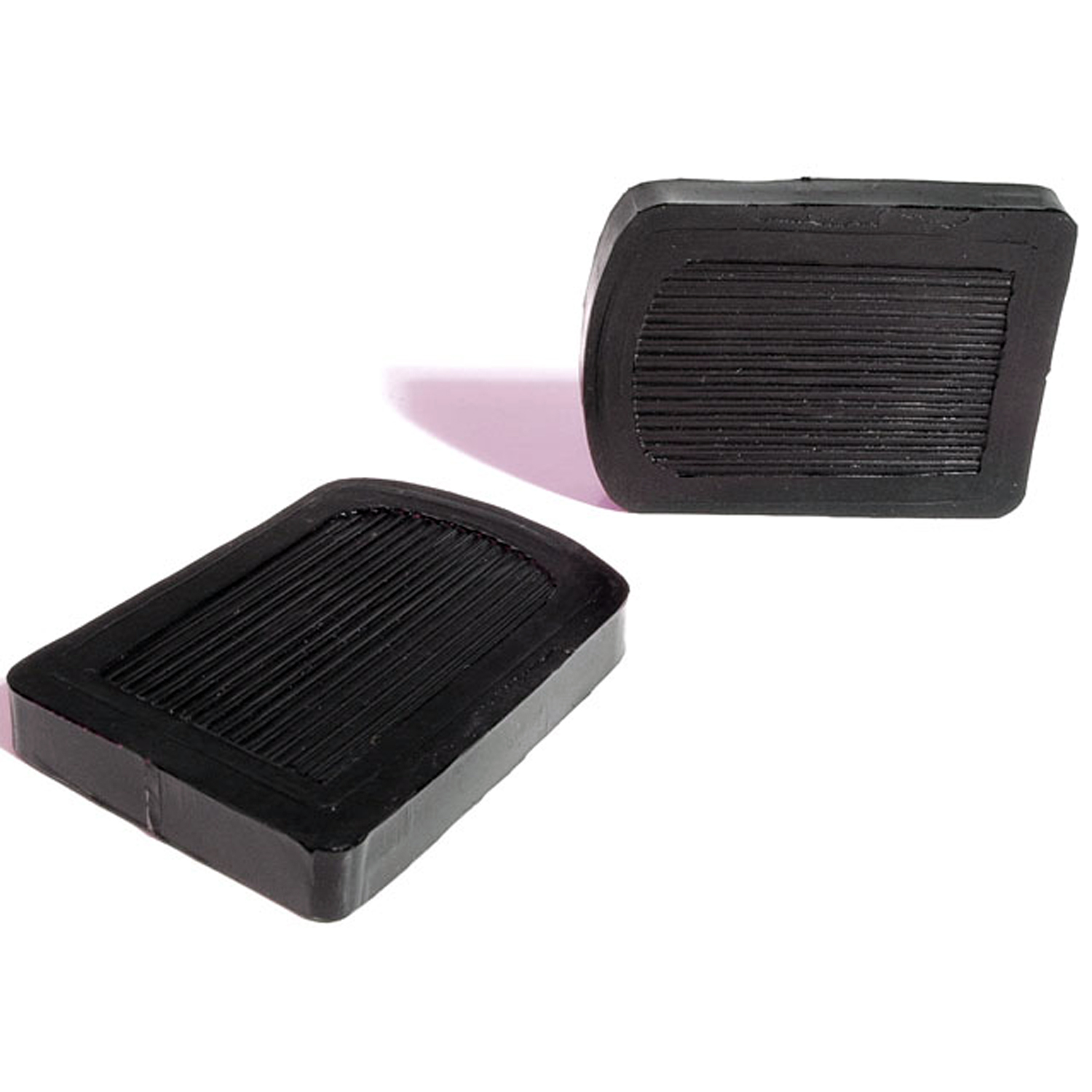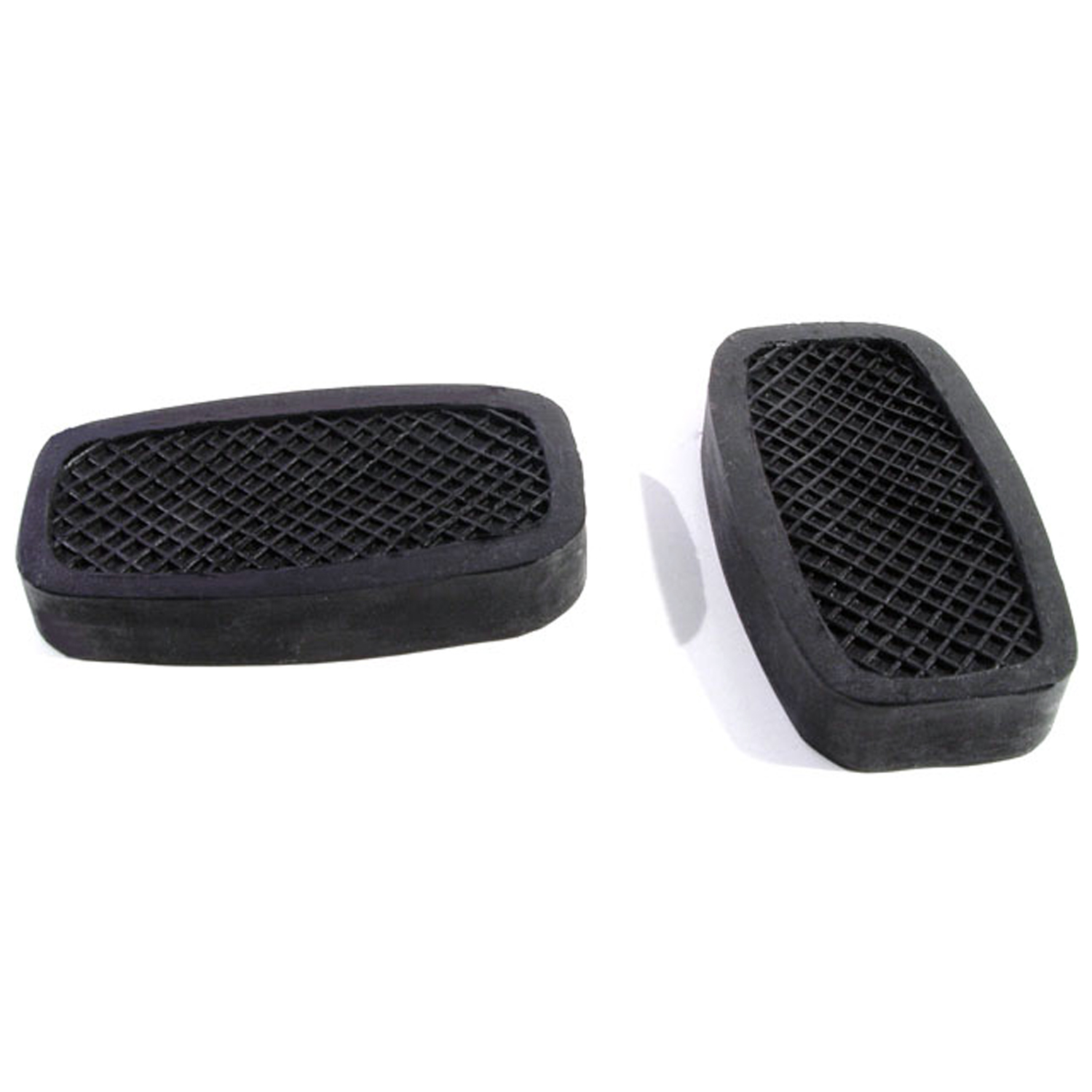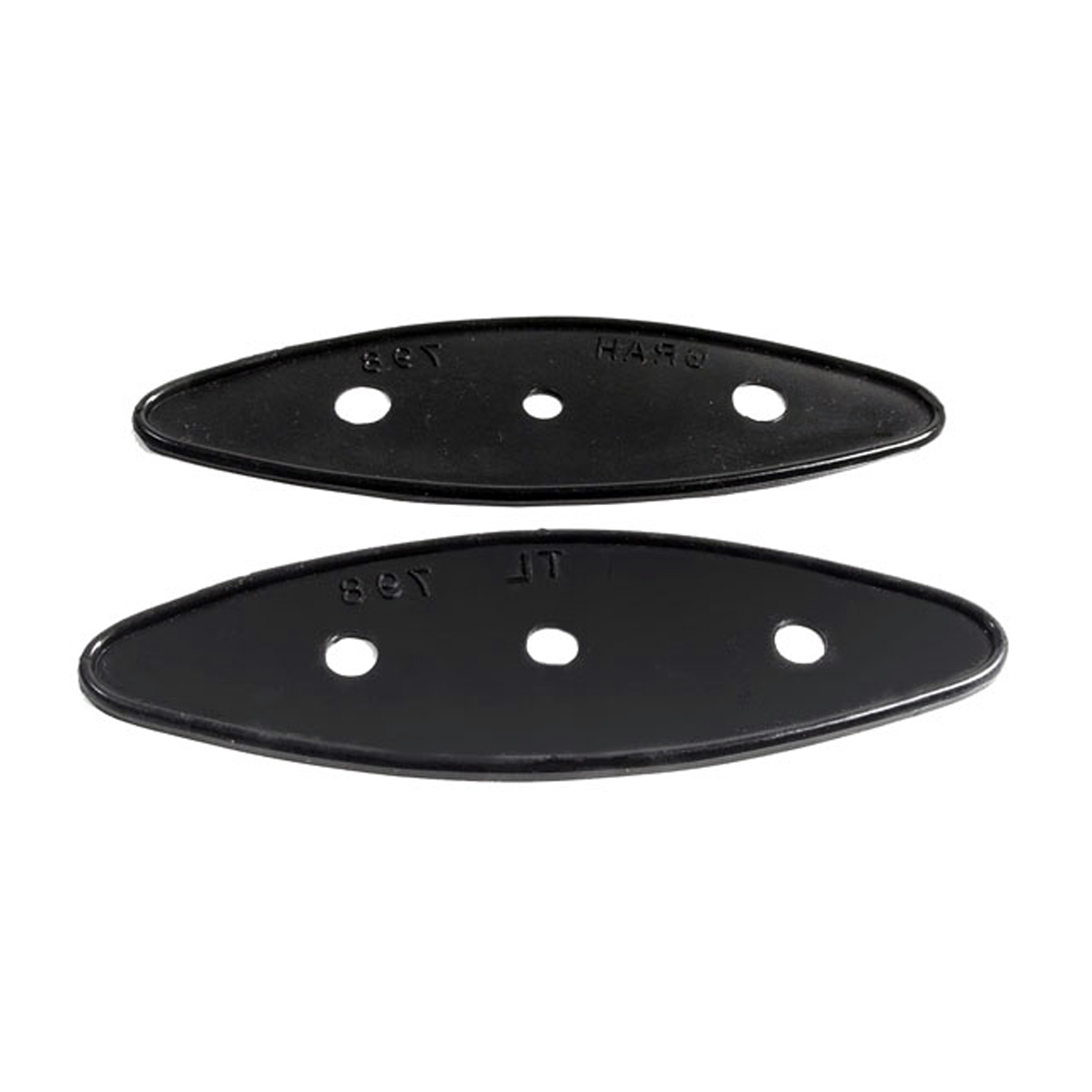Image of 1937 Graham Series 116, Note: These illustrations use artistic license and may differ from actual historical models.
Performance Metrics
Fundamental Metrics
Emotional Appeal
MMP Rating
| Engine Specifications | |
|---|---|
| Engine: | Inline 6 |
| Displacement: | 3.5L |
| Horsepower: | Estimated 85-90 HP |
| Torque: | Not available |
| Compression Ratio: | Not available |
| Ignition System: | Distributor and coil |
| Cooling System: | Liquid-cooled |
| Performance Specifications | |
| 0-60 Time: | Not available |
| 1/4 Mile Time: | Not available |
| Top Speed: | 85 mph |
| Transmission and Drive | |
| Drive Type: | Rear-wheel drive |
| Transmission Type: | 3-speed manual |
| Fuel and Efficiency | |
| Fuel System Type: | Carburetor |
| MPG: | Not available |
| Dimensions and Brakes | |
| Brakes: | Drum brakes |
| Wheelbase: | 116 inches |
| Weight: | Estimated 3,000 lbs |
Note: Specifications for classic cars are given to the best of our ability, considering the limited and variant data available.
Unveiling the Elegance of the 1937 Graham Series 116
The 1937 Graham Series 116 is not just a car; it's a rolling sculpture that embodies the pinnacle of pre-war automotive design and innovation. Born from the ambitious minds at Graham-Paige Motors Corporation, this vehicle emerged during an era when the world was on the brink of monumental change. The Series 116 was a beacon of hope and progress, showcasing what American ingenuity could achieve in the face of adversity. A notable moment in its history is its pioneering use of "Headlight Styling," which integrated the headlights smoothly into the front fenders, a feature that was ahead of its time.
Design and Innovation
The exterior of the Graham Series 116 is a testament to art-deco design, featuring sweeping lines that seem to be in perpetual motion, even when at a standstill. The 'sharknose' grille, a bold statement piece, exuded both aggression and elegance. Inside, occupants were treated to an opulent environment where quality materials such as wood and leather were standard. For its era, the Series 116 boasted technological advancements like an optionally supercharged engine and 'Knee-Action' wheels for improved ride quality. Color options ranged from stately blacks to rich blues, with deep maroon being a particularly popular choice among discerning buyers. The most iconic body style was undoubtedly the four-door sedan, which perfectly balanced luxury and practicality.
Historical Significance
The Graham Series 116's impact on automotive design cannot be overstated. It introduced features that would become staples in post-war cars, setting new standards for integration and aerodynamics. This car stood out for its forward-thinking approach to design and engineering, leaving a lasting influence on the industry that can still be seen in modern vehicles.
Performance and Handling
Underneath its stylish exterior lay an engine capable of delivering spirited performance for its time. While exact top speed figures vary, the Series 116 could hold its own on highways with grace. Acceleration from 0-60 mph was not measured by contemporary standards but was considered brisk. The car's handling characteristics were praised for their smoothness over uneven terrain and stability in windy conditions. Driving a Series 116 was an experience filled with mechanical symphony—the hum of the engine and the tactile feedback through the steering wheel created an engaging dialogue between man and machine.
Ownership Experience
Owners of the Graham Series 116 typically used their vehicles as daily drivers or as prestigious show cars due to their remarkable design. Maintenance and reliability were on par with other luxury vehicles of the time, with some components requiring regular attention from knowledgeable mechanics. However, those passionate about their Grahams found joy in preserving these mechanical masterpieces.
Fun Facts
The Graham Series 116 has several claims to fame including its Hollywood appearances and ownership by high-profile individuals of its time. Although it never broke speed records, it set benchmarks for design innovation. Criticisms were few but often pointed at its unconventional styling which, ironically, became one of its most celebrated features over time.
Collector's Information
Today, finding a 1937 Graham Series 116 can be akin to uncovering hidden treasure. Production numbers were limited; estimates suggest that several thousand were made, making them relatively rare finds in classic car circles. As for value range, pristine examples can fetch significant sums well into six figures due to their rarity and historical importance. The market has seen these vehicles appreciate over time as collectors seek out unique pieces of automotive history.
Conclusion
The 1937 Graham Series 116 stands as a monument to pre-war automotive excellence—a testament to design bravery and engineering prowess. Its legacy endures in every curve of its bodywork and each purr of its engine—a classic that continues to captivate enthusiasts around the globe.
1937 Graham Series 116 Catalog of Parts
 1937 Graham Series 116 Accessory Floor Mat - 12"X17"-AC 12Accessory Floor Mat - made of high quality black rubber with molded original emblem. Also designed to be sewn into new carpets. 12"X17", Each
1937 Graham Series 116 Accessory Floor Mat - 12"X17"-AC 12Accessory Floor Mat - made of high quality black rubber with molded original emblem. Also designed to be sewn into new carpets. 12"X17", Each 1937 Graham Series 116 Clutch and Brake Pedal Pads. 2-5/8" wide X 3-5/8" long-CB 25Clutch and Brake Pedal Pads. 2-5/8" wide X 3-5/8" long. Pair
1937 Graham Series 116 Clutch and Brake Pedal Pads. 2-5/8" wide X 3-5/8" long-CB 25Clutch and Brake Pedal Pads. 2-5/8" wide X 3-5/8" long. Pair 1937 Graham Series 116 Clutch and Brake Pedal Pads. 2" wide X 3-5/8" long. Pair-CB 46Clutch and Brake Pedal Pads. 2" wide X 3-5/8" long. Pair
1937 Graham Series 116 Clutch and Brake Pedal Pads. 2" wide X 3-5/8" long. Pair-CB 46Clutch and Brake Pedal Pads. 2" wide X 3-5/8" long. Pair 1937 Graham Series 116 Tail-light Pads. 1-7/8" wide X 5-7/8" long. Pair-MP 798Tail-light Pads. 1-7/8" wide X 5-7/8" long. Pair
1937 Graham Series 116 Tail-light Pads. 1-7/8" wide X 5-7/8" long. Pair-MP 798Tail-light Pads. 1-7/8" wide X 5-7/8" long. PairWhy Choose Metro?
For over 100 years, Metro Moulded Parts has been the pinnacle of quality in classic car restoration parts. Our commitment to precision and authenticity in every component ensures a perfect fit and an OEM-level appearance.
- Expert Craftsmanship & Quality: Each part is a testament to our dedication to reliability and perfection, crafted from original designs and thoroughly tested.
- Advanced Technology: We use cutting-edge techniques to create flawless, long-lasting parts that surpass others in performance.
- SuperSoft Sponge – The Ultimate Door Seal: Not only are our door seals 30% softer than competitors', but they're also guaranteed to never leak. They effectively reduce wind and road noise, enhancing your classic car's comfort and driving experience.
- Proudly American: Our parts are a product of American craftsmanship, made in the USA with a spirit of excellence and heritage.
- Unrivaled Warranty: We back our products with a 30-year industry-leading warranty, a testament to our confidence in their quality.
Join us in preserving the legacy of classic cars with parts that are crafted for perfection, not just made.

